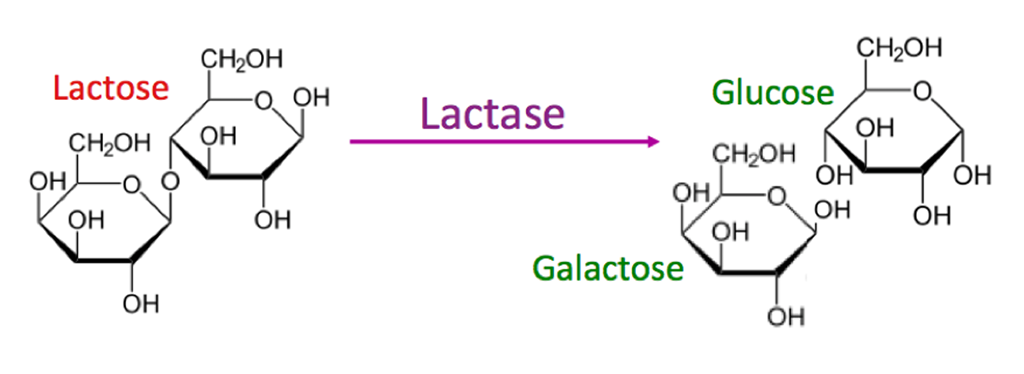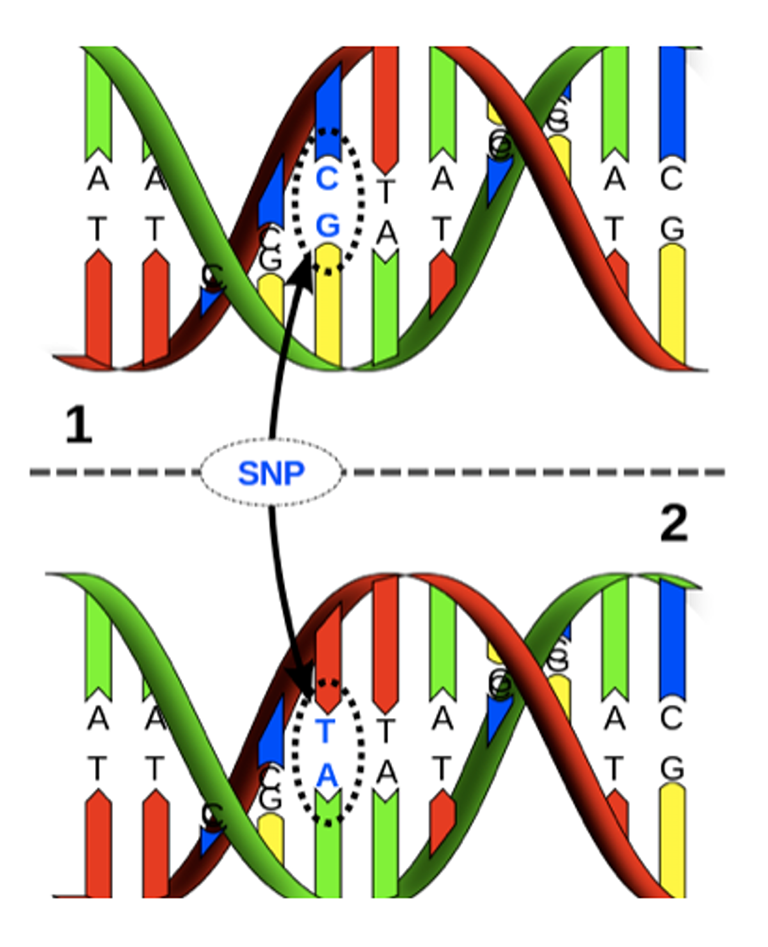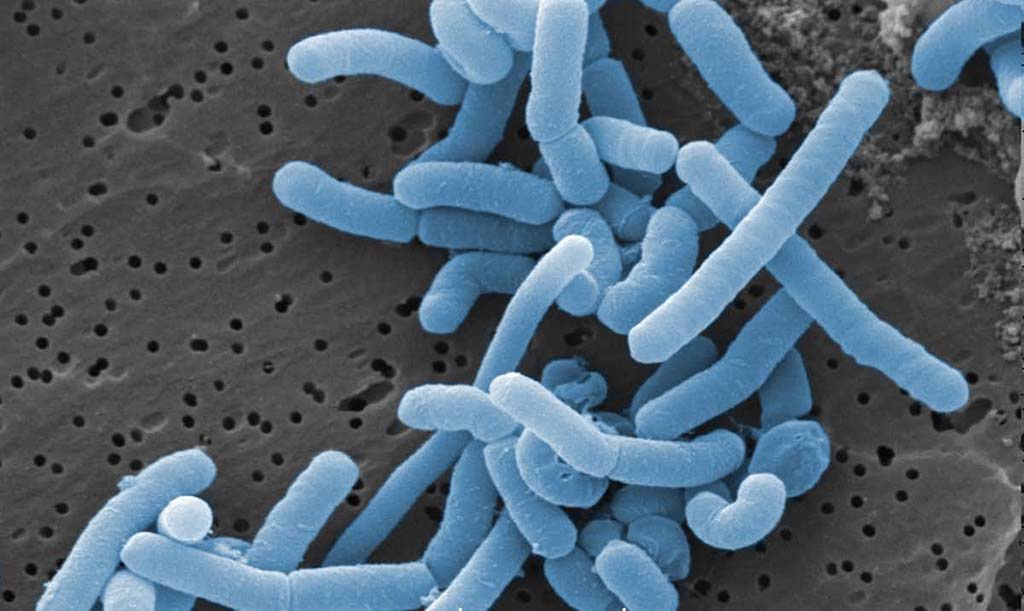After childhood, about two-thirds of the world’s human population loses the ability to digest milk. As far as we know, 100% of nonhuman mammals also lose this ability after weaning. The ongoing ability to digest lactose, the main sugar in milk, into adulthood is a biological abnormality.
Lactose cannot be directly absorbed in the intestinal tract and must, instead, be broken down into its two smaller component sugars by an enzyme called lactase. Normally, the activity of the gene that produces lactase, LCT, declines after infancy. New evidence suggests that this decline occurs not because the genetic code is changed, but because the DNA is chemically modified so that the lactase gene is switched off. Such modifications that affect gene activity while leaving the DNA sequence intact are called epigenetic. The epigenetic modification that turns off the lactase gene does not happen in lactose-tolerant individuals. This new finding gives an important insight into how lactose intolerance develops with age or after trauma to the intestinal tract.
I’m a microbiologist, and I became interested in the causes of lactose intolerance because it afflicts a close friend. He is of Norwegian descent and, like most Norwegians, is genetically lactose tolerant. But, he became permanently lactose intolerant at the age of 45 after a long regimen of antibiotics.
There are other cases of people who should be able digest lactose because of their genetics, but lose that ability late in life, either spontaneously or when the small intestine is damaged by disease or other traumas. In most cases, the lactose intolerance goes away when the underlying cause is treated, but some people become permanently lactose intolerant.
It seems possible, even probable, that such trauma to the digestive tract can trigger the same epigenetic change that normally turns off the lactase gene in childhood. Scientists have found other cases of such environmentally induced epigenetic changes, although more research is needed to establish the persistence and consequences of these alterations.




 The College of Arts
The College of Arts